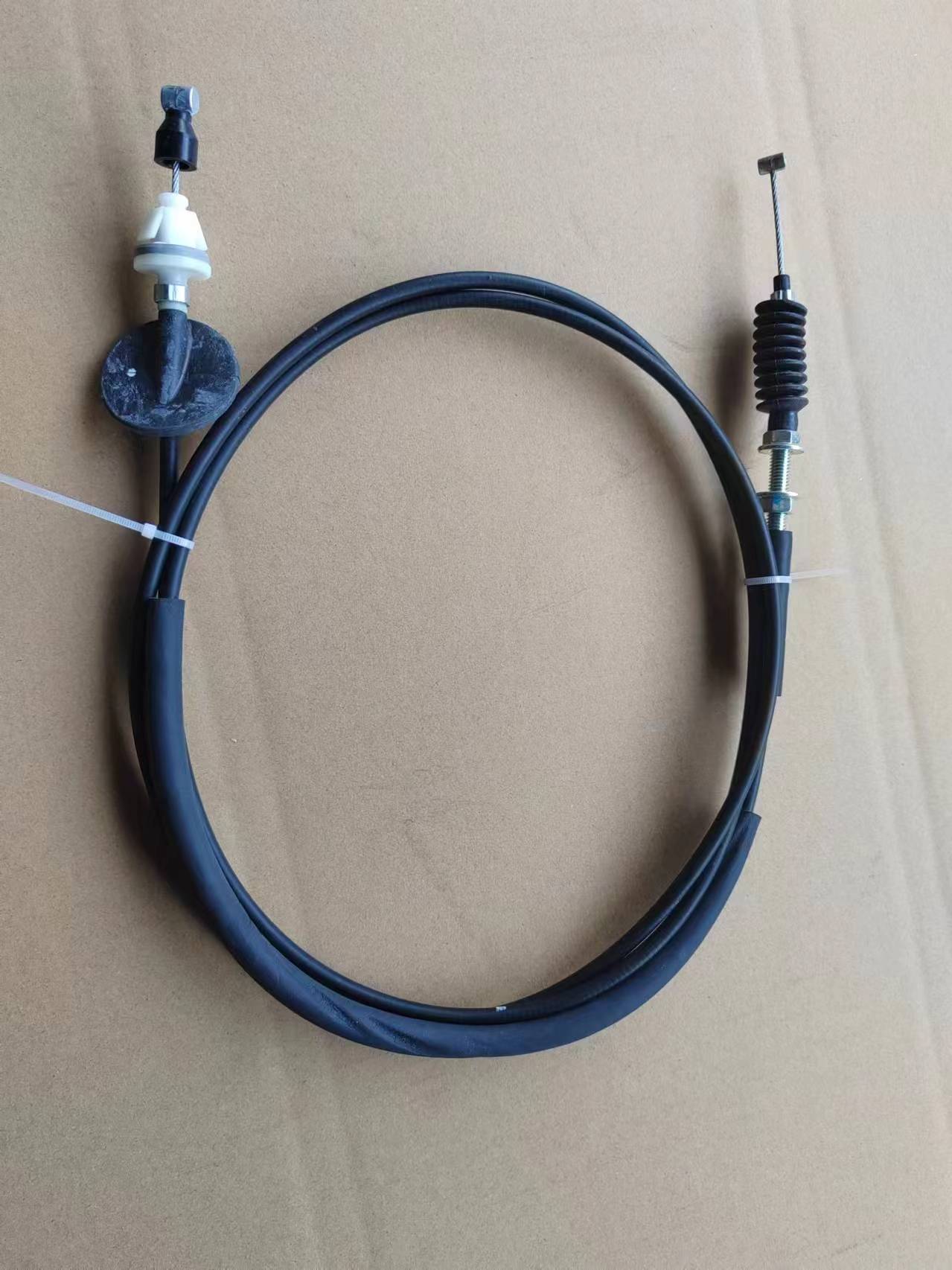clutch master cylinder hydraulic line
Understanding the Clutch Master Cylinder Hydraulic Line Functions and Maintenance
The clutch master cylinder hydraulic line plays a crucial role in the operation of a manual transmission vehicle. This system is responsible for transmitting the force from the driver's foot pressing the clutch pedal to the clutch itself, enabling smooth gear transitions and effective power management. Understanding the parts involved in this hydraulic system, their functions, and the importance of regular maintenance can enhance vehicle performance and ensure a longer lifespan of the transmission system.
The Basics of the Hydraulic System
At the heart of the clutch operation is the clutch master cylinder. This component is typically located near the clutch pedal inside the vehicle. When the driver presses the pedal, it pushes a piston inside the master cylinder, creating hydraulic pressure in the fluid contained within the system. This pressure is then transferred through the hydraulic line, which connects the master cylinder to the slave cylinder situated near the clutch assembly.
The slave cylinder performs the critical role of engaging and disengaging the clutch. When hydraulic fluid reaches it, the pressure pushes a piston, which then either connects or disconnects the clutch plate from the flywheel, allowing for smooth shifting of gears. The entire system relies on the integrity of the hydraulic lines, as any leaks or damages can lead to a failure in clutch operation.
The Importance of Hydraulic Lines
Hydraulic lines must be durable and leak-free, as they transport hydraulic fluid under pressure. Typically made from rubber or reinforced materials, these lines are designed to withstand the heat and pressure associated with the vehicle's operation. Over time, however, they can become degraded due to factors such as exposure to heat, oil, and external elements.
Regular inspection of these lines is critical. Drivers should look for signs of wear, such as cracks, bulges, or leaks. A leak in the hydraulic line means that hydraulic fluid is escaping, which can lower the pressure needed for efficient clutch operation. This can manifest as difficulty in engaging or disengaging the clutch, leading to challenging driving conditions.
Maintenance Tips for Optimal Performance
clutch master cylinder hydraulic line

To keep the clutch master cylinder hydraulic line in optimal condition, regular maintenance is essential. Here are several tips for maintaining this critical component
1. Regular Inspections Routine checks are crucial. Inspect the hydraulic lines for any signs of wear, leaks, or damage. Look for fluid stains around the line connectors and master/slave cylinders.
2. Fluid Levels Keep an eye on the hydraulic fluid levels in the reservoir. If you notice a drop, investigate whether there are leaks in the hydraulic lines or cylinders.
3. Fluid Quality The quality of the hydraulic fluid is equally important. Over time, fluid can become contaminated and less effective. Change the fluid according to the vehicle manufacturer's recommendations to ensure optimum performance.
4. Replacement If inspection reveals significant wear or damage, replacing the hydraulic line or the master/slave cylinders is necessary. It is better to address these issues early before they lead to more severe problems that could affect the overall vehicle operation.
5. Professional Service For those not comfortable performing inspections and replacements themselves, seeking professional help is a wise option. Mechanics can provide comprehensive checks and ensure that all parts of the hydraulic system are functioning correctly.
Conclusion
The clutch master cylinder hydraulic line is an integral part of a vehicle’s drivetrain, and understanding its function can significantly enhance the driving experience. Regular maintenance not only prolongs the life of the hydraulic system but also ensures safe and efficient vehicle operation. By paying attention to the health of the hydraulic lines and acting promptly when issues arise, drivers can avoid more significant mechanical problems and enjoy smoother, uninterrupted driving experiences. In the world of automotive care, prevention is undoubtedly better than cure.
-
Workings of Clutch Pipe and Hose SystemsNewsJun.04,2025
-
The Inner Workings of Hand Brake Cable SystemsNewsJun.04,2025
-
The Secrets of Throttle and Accelerator CablesNewsJun.04,2025
-
The Hidden Lifeline of Your Transmission Gear Shift CablesNewsJun.04,2025
-
Demystifying Gear Cables and Shift LinkagesNewsJun.04,2025
-
Decoding Clutch Line Systems A Comprehensive GuideNewsJun.04,2025
